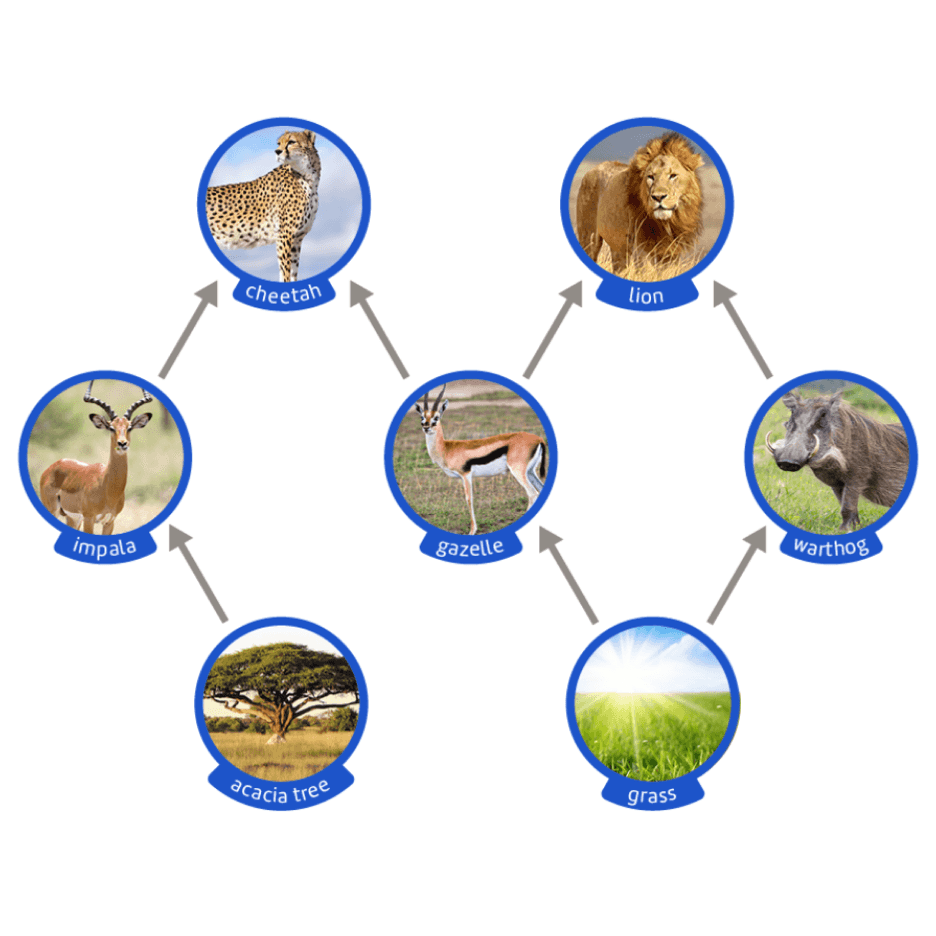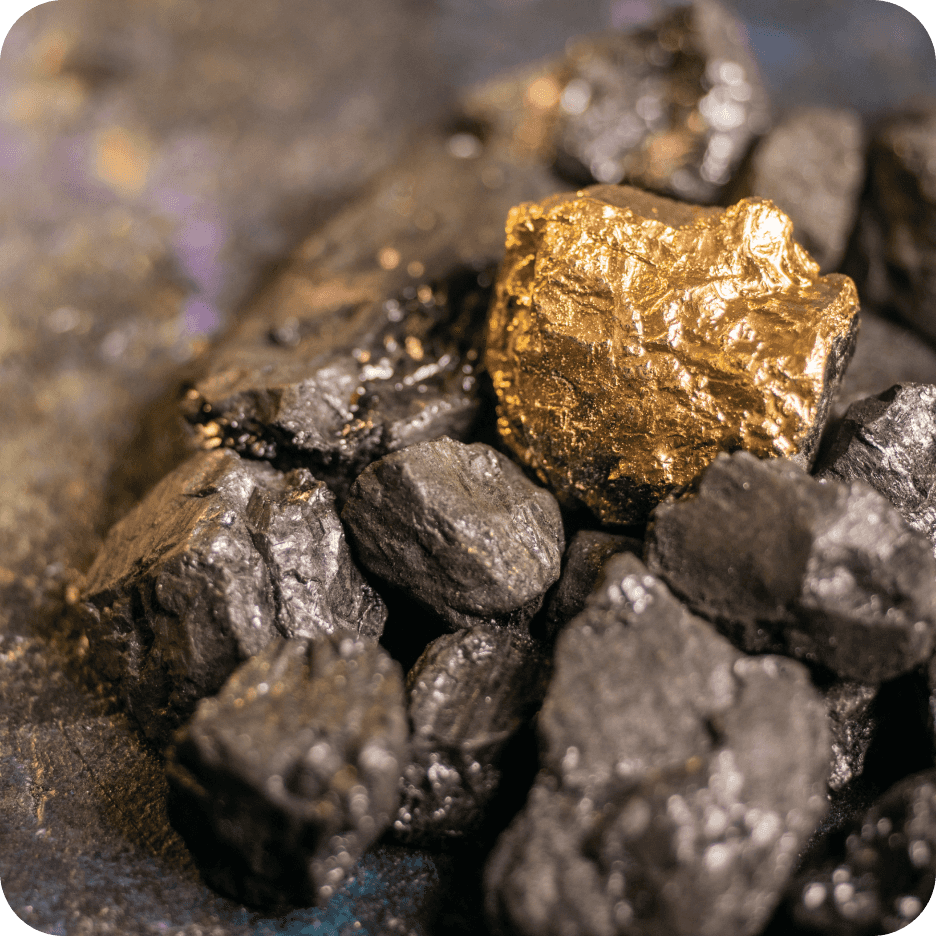Built for the new North Carolina standards
The changes to the North Carolina Science Standards are big, bold, and very… NC.
Stile's got you.
Built for the new NC standards.
The only middle school curriculum approved by the DPI for 6th, 7th and 8th grades.

What North Carolina educators are saying about Stile

Fully aligned and completely customizable
There's 'alignment.' And then there's actual alignment. Thanks to Stile's powerful and customizable platform, we took the very best of our existing middle school science curriculum and blended it with brand-new lessons tailored for North Carolina. The result is a seamless, structured, and sequenced Middle School Science Curriculum for the state.
It's no wonder that Stile was approved by the NCDPI for 6th, 7th, and 8th grades.
It's no wonder that Stile was approved by the NCDPI for 6th, 7th, and 8th grades.
Hear from Haywood County, NC
Stile is not only helping Haywood County teachers transition to the new NC standards but it's saving hours of teacher lesson preparation time and boosting ELA skills in the science classroom.
Real-world phenomena from North Carolina’s backyard
Many of Stile's phenomena are drawn from wonders all around the world. After all, it's important that students grow into global citizens. But sometimes, there's nothing more fascinating than investigating phenomena right where you live. Stile's curriculum for North Carolina offers a balanced blend of local and global phenomena.
Prepare your students for the North Carolina Science Test
The North Carolina End-of-Grade science test aims to measure students' science knowledge and critical thinking ability. Stile’s curriculum precisely scaffolds both of these, providing students with plenty of opportunities to practice and excel on the North Carolina Science Test.
North Carolina Science Test
Question
Which statement is true about a chemical reaction?
- The physical states of the atoms in the reactants determine the products.
- Some of the atoms in the reactants will be part of the products.
- The number of atoms in the reactants determines the products.
- All of the atoms in the reactants will be a part of the products.
Stile Science Test
Question
A chemical reaction can be used to turn water into two gases: hydrogen and oxygen. Determine which of the following statements about this reaction are true.
- Hydrogen is a reactant
- Water is a reactant
- A compound is converted into two elements
- An element is converted into two compounds
Pilot Stile with Charlotte’s own expert, Mark Picardo
Stile is all about empowering teachers with the best support. In the Carolinas, that means teaming up with Mark Picardo, a seasoned educator with extensive experience in teaching, administration, and instructional coaching. Together, teachers are supported (and lessons are supercharged!).
Learn more about Stile’s supported pilotsStart a conversation with us




